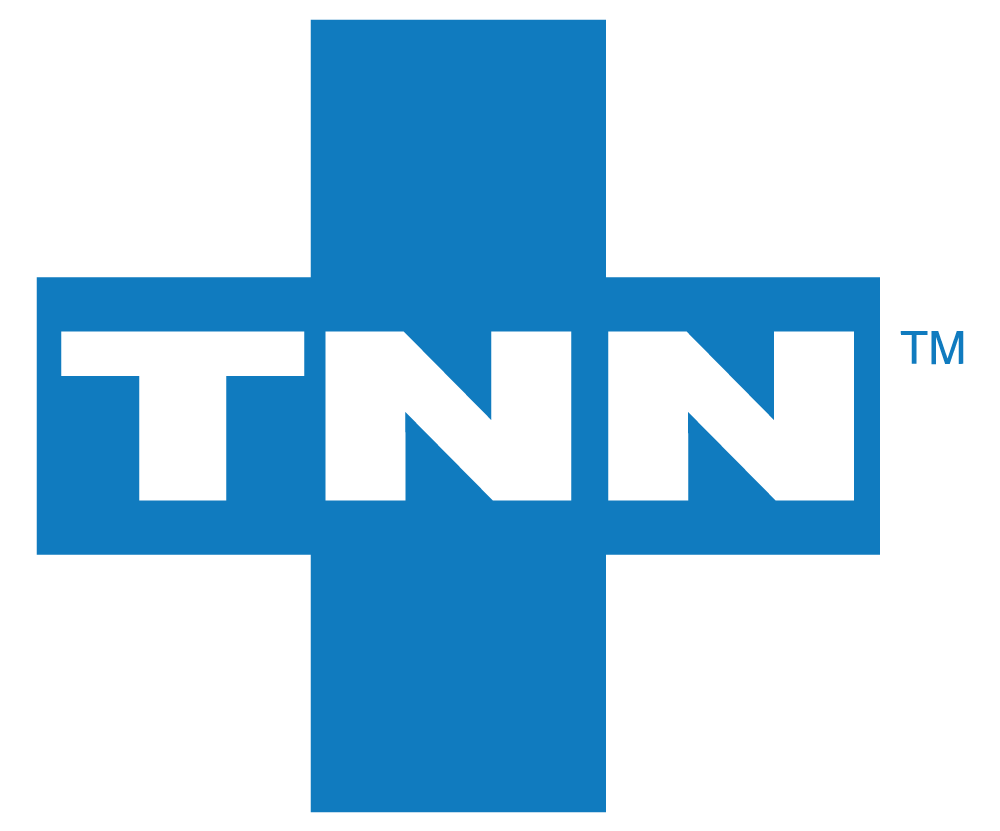
What is the Role of the Nurse in OB?
OB nurses, also known as obstetrical nurses, have a significant role in the healthcare system. They are responsible for providing care to women during pregnancy, childbirth, and postpartum period. Their duties can range from educating patients about pregnancy and childbirth to providing emotional support during labor and delivery.
In addition to patient care, OB nurses play a critical role in monitoring the mother’s and baby’s health. They are trained to recognize complications and respond quickly to emergencies. OB nurses work closely with doctors, midwives, and other healthcare professionals to ensure the best possible outcome for both mother and baby.
How Long Does It Take to Become an OBGYN Nurse?
Becoming an OBGYN nurse requires a combination of education, training, and experience. The first step is to become a registered nurse (RN). This typically involves earning a bachelor’s degree in nursing, which usually takes four years, followed by passing the National Council Licensure Examination for Registered Nurses (NCLEX-RN).
After becoming an RN, aspiring OBGYN nurses must gain experience in women’s health, ideally in an obstetrics department. This can take anywhere from one to two years. Following this, they can pursue additional certification in obstetrics and gynecology nursing, such as the Inpatient Obstetric Nursing certification or the Women’s Health Care Nurse Practitioner certification.
In addition to the formal education and training, becoming an OBGYN nurse requires dedication, patience, and a genuine passion for women’s health. It is a career path that demands continual learning and adaptation to new techniques and technologies.
Exploring the Different Types of OBGYN Nurse Jobs
- Labor and Delivery Nurse: These nurses assist women during labor and childbirth. They monitor the mother and baby’s vital signs, administer medication, and provide emotional support. They also help doctors and midwives during delivery.
- Postpartum Nurse: Postpartum nurses care for mothers and newborns immediately after birth. They help new mothers recover from childbirth, assist with breastfeeding, and educate families about newborn care.
- Gynecology/Obstetrics Nurse: These nurses specialize in women’s reproductive health. They conduct routine exams, assist with procedures, and provide patient education on topics like contraception and sexually transmitted infections.
- Critical Care Nursing Jobs: Critical care nurses work in intensive care units (ICUs) or trauma centers, providing care to patients with serious, complex, and acute illnesses or injuries. In the context of OBGYN, critical care nurses may work in a Neonatal Intensive Care Unit (NICU), caring for newborns with health complications.
Making the Right Choice: Factors to Consider
- Your Interests: Do you have a particular interest in pregnancy and childbirth, or are you more drawn to women’s health in general? Your passions and interests should guide your career choice.
- Your Strengths: Each type of OBGYN nurse job requires different skills and strengths. For example, labor and delivery nurses need excellent communication and empathy skills to provide emotional support to patients, while critical care nursing jobs require strong problem-solving skills and the ability to handle high-stress situations.
- Career Goals: Think about your long-term career goals. Are you interested in advanced practice roles, such as nurse practitioner or nurse midwife? Different types of OBGYN nurse jobs can offer different pathways to these goals.
- Work Environment: Consider where you’d like to work. Hospitals, private practices, clinics, and birthing centers all offer different types of OBGYN nurse jobs.
The Role of an OBGYN Nurse in a Hospital Setting
OBGYN nurses in hospital settings often have varied roles and responsibilities. They may work in several departments, including labor and delivery, postpartum, gynecology, and neonatal intensive care units.
In labor and delivery, the nurse assists during childbirth, monitoring the health of the mother and baby, providing emotional support, and helping with pain management. In the postpartum unit, the nurse helps new mothers recover from childbirth and learn how to care for their newborns.
Gynecology nurses in hospitals provide care for women undergoing surgeries or treatments related to their reproductive system. They may assist with procedures, provide pre-and post-operative care, and educate patients about their conditions.
Critical care nursing jobs in OBGYN often involve working in a Neonatal Intensive Care Unit (NICU), where they care for newborns with health complications. These nurses monitor the babies’ vital signs, administer medications, and provide specialized care.
The Role of an OBGYN Nurse in a Clinic or Private Practice
In a clinic or private practice, the role of an OBGYN nurse often involves more routine care and patient education. They may assist with annual exams, conduct screenings, administer vaccines, and provide counseling on birth control options.
These nurses also play a significant role in educating patients about various aspects of women’s health, from menstruation and menopause to pregnancy and childbirth. They often serve as a primary source of information and support for patients.
The Role of an OBGYN Nurse in a Birthing Center
Birthing centers offer a more natural, family-centered approach to childbirth. OBGYN nurses working in these settings often assist with natural births, provide prenatal and postpartum care, and offer education and support to families.
They may work closely with midwives, assisting during labor and delivery, and providing postnatal care to the mother and baby. They also play a crucial role in creating a comfortable, supportive environment for families during the childbirth process.
The Rewards and Challenges of OBGYN Nurse Jobs
Like any career, OBGYN nursing comes with its own set of rewards and challenges. On the rewarding side, these nurses have the opportunity to be a part of one of the most significant events in a woman’s life – the birth of a child. They can form meaningful connections with patients and make a real difference in their lives.
On the other hand, OBGYN nursing can also be emotionally challenging. Dealing with complications or loss can be difficult. The job can also be physically demanding, with long hours and the need to be on your feet for extended periods.
However, for many OBGYN nurses, the rewards far outweigh the challenges. The ability to provide compassionate care to women and families during such a transformative time is a powerful motivator that makes the hard days worth it.
Advancing Your Career in OBGYN Nursing
Once you’ve gained experience as an OBGYN nurse, there are several paths you can take to advance your career. You might choose to specialize further, such as becoming a perinatal nurse, who cares for women with high-risk pregnancies or a lactation consultant, helping new mothers with breastfeeding.
Another option is to pursue advanced practice roles, such as a nurse midwife or women’s health nurse practitioner. These roles require additional education and certification but offer increased responsibility and autonomy.
No matter which path you choose, ongoing education and professional development are key. Staying up-to-date on the latest research, techniques, and guidelines in women’s health will help you provide the best possible care to your patients.
Finding the Right OBGYN Nurse Job for You
With so many options to choose from, finding the right OBGYN nurse job for you can feel overwhelming. However, by carefully considering your interests, strengths, and career goals, you can find a role that not only meets your needs but also brings you fulfillment and satisfaction.
Remember, the journey to becoming an OBGYN nurse is not a race. It’s perfectly okay to take your time, gain experience, and explore different areas of women’s health before deciding on the right path for you.
The Importance of Networking in OBGYN Nursing
Networking plays a crucial role in the nursing field, and this is no different for OBGYN nursing. By building relationships with other healthcare professionals, you can gain valuable insights, learn about new job opportunities, and stay informed about the latest developments in women’s health.
Join professional organizations, such as the Association of Women’s Health, Obstetric and Neonatal Nurses (AWHONN), to connect with others in your field. Attend conferences and seminars, participate in online forums, and take advantage of continuing education opportunities. These can all be excellent ways to broaden your network and enhance your career.
Staying Current in Your Field
As an OBGYN nurse, it’s essential to stay current in your field. This means keeping up with the latest research, advancements, and guidelines in women’s health. Regularly reading professional journals, attending workshops and conferences, and participating in webinars and online courses are all effective ways to stay informed.
Additionally, many employers value nurses who show a commitment to lifelong learning. By demonstrating that you’re dedicated to staying current in your field, you can increase your chances of advancement and open up new career opportunities.
Need Help in Your Job Search?
Are you an OBGYN nurse looking for a permanent job? At Total Nurses Network, we can help. We provide job placement services for nurses in various specialties, including obstetrics and gynecology. Visit our website at Total Nurses Network or contact us to learn more about how we can assist you in your job search. Don’t miss out on the opportunity to find the job that best fits your skills and career aspirations. Let us help you make your career goals a reality.
Wrapping Up: Picking the Ideal Obgyn Nurse Job
Choosing between different types of OBGYN nurse jobs can be a challenging decision. However, by understanding the roles, responsibilities, and requirements of each, you can make an informed choice about your career path.
Whether you’re just starting out in your nursing career or looking to specialize in OBGYN nursing, remember that the journey is not a race. Take your time, explore your options, and find the path that brings you the most fulfillment and satisfaction.








